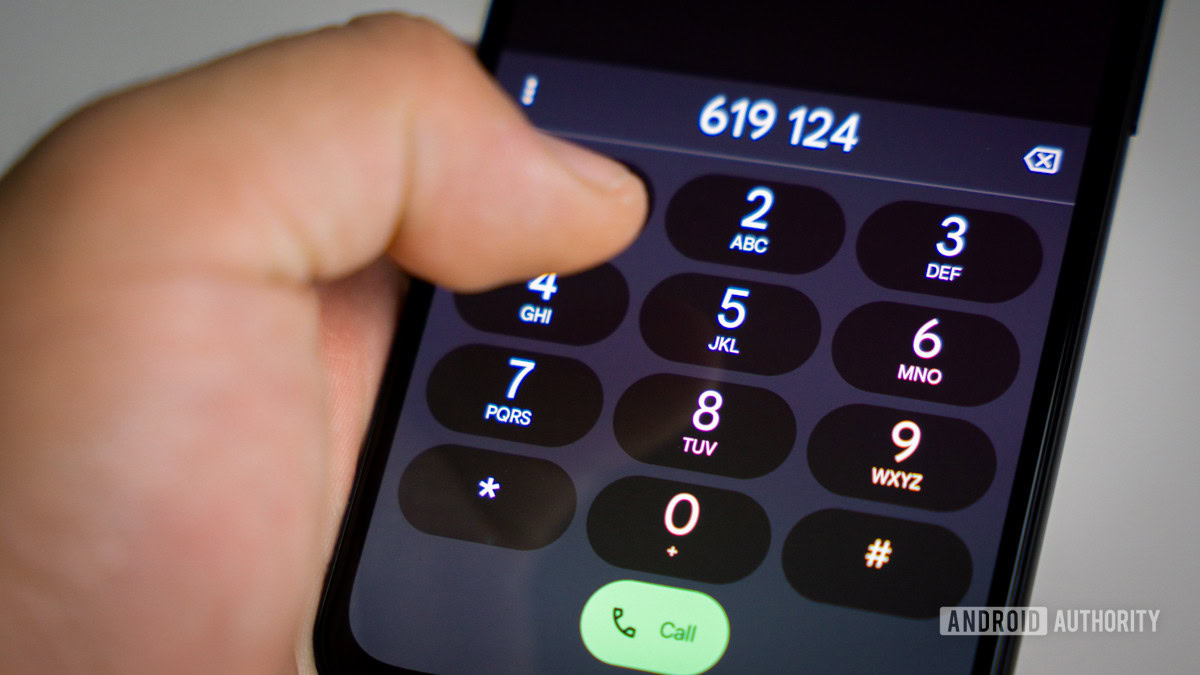Blocking scam likely calls is important for several reasons. Firstly, it helps to protect your personal information by reducing the risk of falling victim to social engineering tactics used by scammers to obtain sensitive information. Secondly, it helps to avoid financial loss by preventing scammers from convincing you to make payments or send money under false pretenses. Thirdly, it reduces stress and anxiety associated with receiving unwanted and potentially fraudulent calls. Lastly, it saves time by reducing disruptions caused by multiple scams likely calls. By using call-blocking apps, registering with the Do Not Call Registry, and being cautious with personal information, you can reduce the risk of falling victim to scam calls and protect yourself from potential fraud.

To block these calls, you can follow these steps:
- Use a call-blocking app: There are many call-blocking apps available for both Android and iOS devices. These apps can automatically detect and block scam calls, and some even provide a database of known scam numbers. Some popular call-blocking apps include Truecaller, Mr. Number, and Hiya.
- Block the number manually: If you receive a scam call from a specific number, you can block it manually on your phone. On an iPhone, go to the Phone app, tap the “i” next to the number, scroll down and select “Block this Caller.” On an Android phone, go to the Phone app, tap the three-dot menu in the top-right corner, select “Settings,” and then “Block numbers.” Enter the number you want to block, and it won’t be able to call you anymore.
- Register with the National Do Not Call Registry: The National Do Not Call Registry is a free service that allows you to opt out of telemarketing calls. While it won’t stop all scam calls, it can help reduce the number of unwanted calls you receive. To register, visit donotcall.gov or call 1-888-382-1222 from the phone you want to register.
- Don’t answer unknown numbers: If you don’t recognize the number, let it go to voicemail. Legitimate callers will leave a message, and you can decide whether to call them back or not. Scammers rarely leave voicemails, so this can help you avoid potential scams.
- Be cautious with personal information: Never provide personal information, such as your Social Security number or credit card information, over the phone unless you are certain of the caller’s identity. Scammers often use social engineering tactics to trick people into giving up personal information, so it’s important to be vigilant and protect your information.
By following these steps, you can reduce the number of scam calls you receive and protect yourself from potential fraud.











